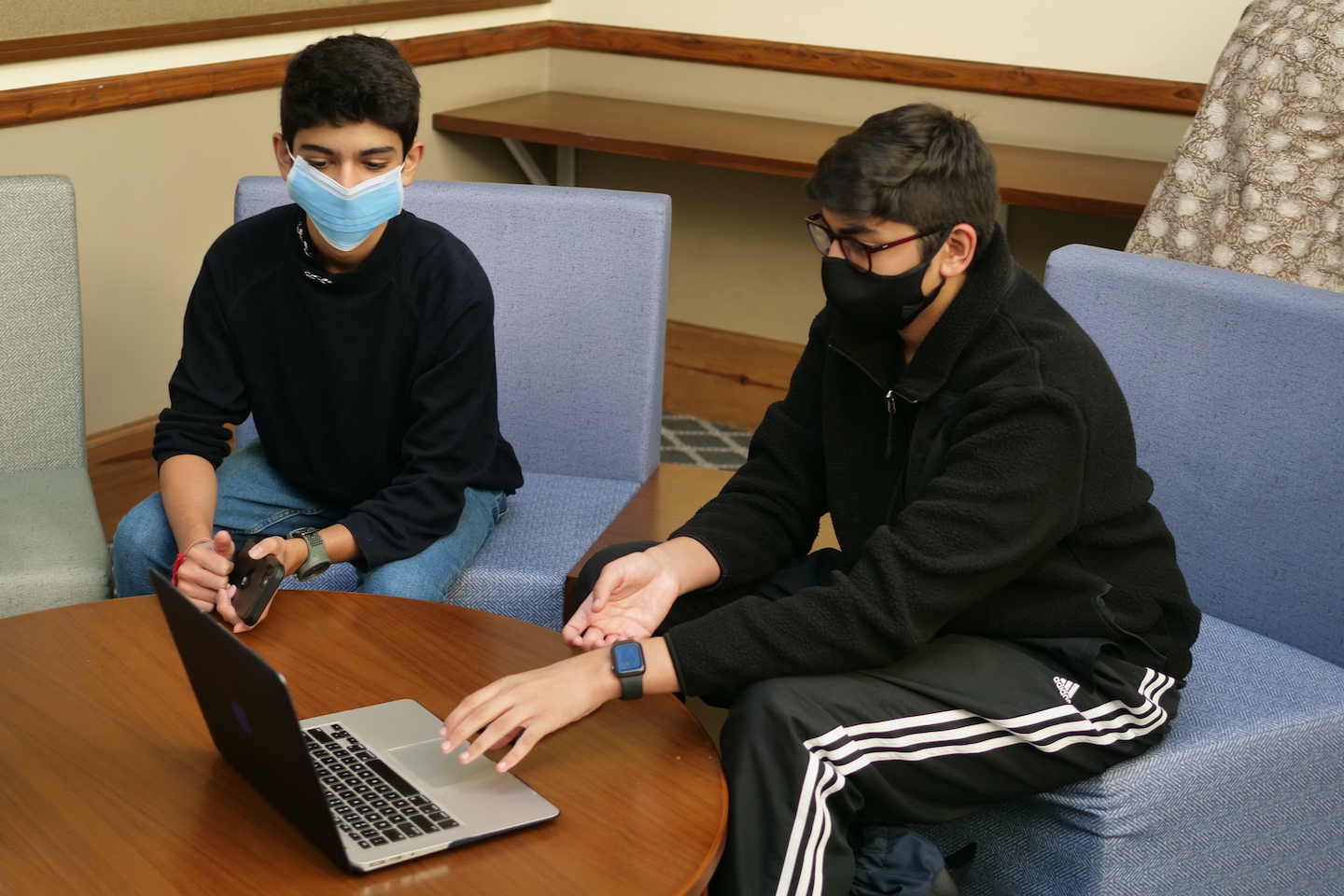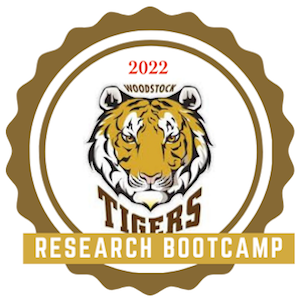
05 Feb Laying the Foundations for Research Skills in IB MYP
On Tuesday, 25 January, all our Middle Years Programme (MYP) students participated in a full-day Research Camp, specially designed to develop their research skills within both the Woodstock School and International Baccalaureate (IB) contexts.
The ability to be effective and ethical researchers is one of the key academic skills we aim to instil in our students as part of a Woodstock Education. Research skills feature among IB’s Approaches to Learning (ATLs), which also include thinking skills; communication skills; self-management skills and social skills. According to the IB, these ATLs are grounded in the belief that “learning how to learn” is fundamental to a student’s life, in and out of a school context.
In today’s interconnected world, students are presented with a paradox. A plethora of information is available, just a few keystrokes away, but reputable sources are awash in a sea of less robust or inaccurate information. Navigating this, and understanding what you can trust, and which sources are not reliable, is a key skill students need to learn. This is an important academic skill, but also something that is crucial to students’ lives, as they are increasingly exposed to a deluge of information on social media and other platforms. Developing a conscious and inquiring approach to the validity of the media and information they consume is a key skill for young people today, and an important step in becoming independent learners.
Another consequence of today’s digital world is that effective citation is arguably more important than ever. It isn’t possible to cut and paste from a library book in the same way it is from a digital source, and plagiarism, whether accidental or deliberate, is a real risk for students who fail to understand the correct processes of citation and paraphrasing. Failure to comply with this can, of course, also have serious repercussions and reflect badly on students’ academic honesty. Developing these skills and understandings is key step in students learning to do real and meaningful work.
This is the second year Woodstock has run its MYP Research Camp, and dedicating a whole day to it emphasises how foundational research skills are to learning across the MYP curriculum and in all subjects. The camp was organised by Dr Bradford Barnhardt, Mr Tesal Sangma, Ms Vandana Sharma-Ferguson, and Mr John Robertson, alongside the Academic Honesty Council (AHC), twenty-five MYP teachers, and forty student research mentors. Students attended four workshops over the course of the morning, learning about Paraphrasing, Citation and references, Source selection and Noodletools, a digital platform which helps students navigate research and developing critical thinking skills. They then spent the afternoon engaging in mini-research projects under the guidance of mentors.
This day helped us practice patience, empathy, and compassion not only for our peers who were struggling with the research but also for our teachers!
A new initiative this year is that students who completed Research Camp last year took on the role of student mentors. Student mentors supported workshop leaders and were allocated individual students to guide through a mini-research project completed that day. In doing so they could share their learning from the previous Research Camp, and how that has developed over the last year, with real life experience of applying their research skills while supporting their peers. Students who complete this year’s Research Camp are awarded a special badge to include in their email signature, and will be invited to become student mentors in the future.
Sakshi from the Class of 2025, was one of the students who helped mentor their peers in January’s Research Camp.
“As a Grade 9 Blended Learning Intern, I was given the opportunity to really share my depth of understanding and my skills in the field of research for the MYP Research Camp.” says Sakshi. “I worked with my peer intern, Shriya from the Class of 2025, and my mentor, Ms Vandana, and together, we devised a comprehensive, concise and engaging introduction to NoodleTools. This workshop was designed for the whole of the MYP programme from Grade 6 to Grade 10. We had to plan and deliver four workshops by grade level, and we were encouraged to share our knowledge of the NoodleTools platform for all grade levels.
“This was a great opportunity to reinforce our own learning in this field and support all members of our community to use this tool to help themselves. This is a clear example of Service as Action as well as being a part of the Woodstock community in a different capacity to just a student. We actually achieved empathy for what our teachers are sometimes put through. This day helped us practice patience, empathy, and compassion not only for our peers who were struggling with the research but also for our teachers! On a more serious note, the benefits of these workshops outweigh the limitations on so many levels; when everyone is on the same page, it avoids inconsistency in application as well as encourages consistency with practice. It was a great day with positive outcomes, and I look forward to the debrief session where we can reflect on what went well and what could be improved further.”
The Research Camp is a powerful example of students and teachers collaborating to build a common understanding of best practice in research, and develop learning strategies which will continue through the semester and beyond.
“This was an opportunity for students to strive for excellence in an area where the skills pay off for a lifetime,” says Dr Bradford Barnhardt, Head of Middle Years. “I was really proud of our student mentors, who earned badges last year. I saw a lot of great work going on between them and their assigned mentees. Students were having the kinds of conversations that really help sustain a culture of integrity at Woodstock.”
Ultimately our goal is that all MYP students become independent, effective researchers by the time they reach the Diploma Programme in Grade 11. A solid foundation in this area will also pave the way forward to being experienced researchers when they get to university and life beyond.






No Comments